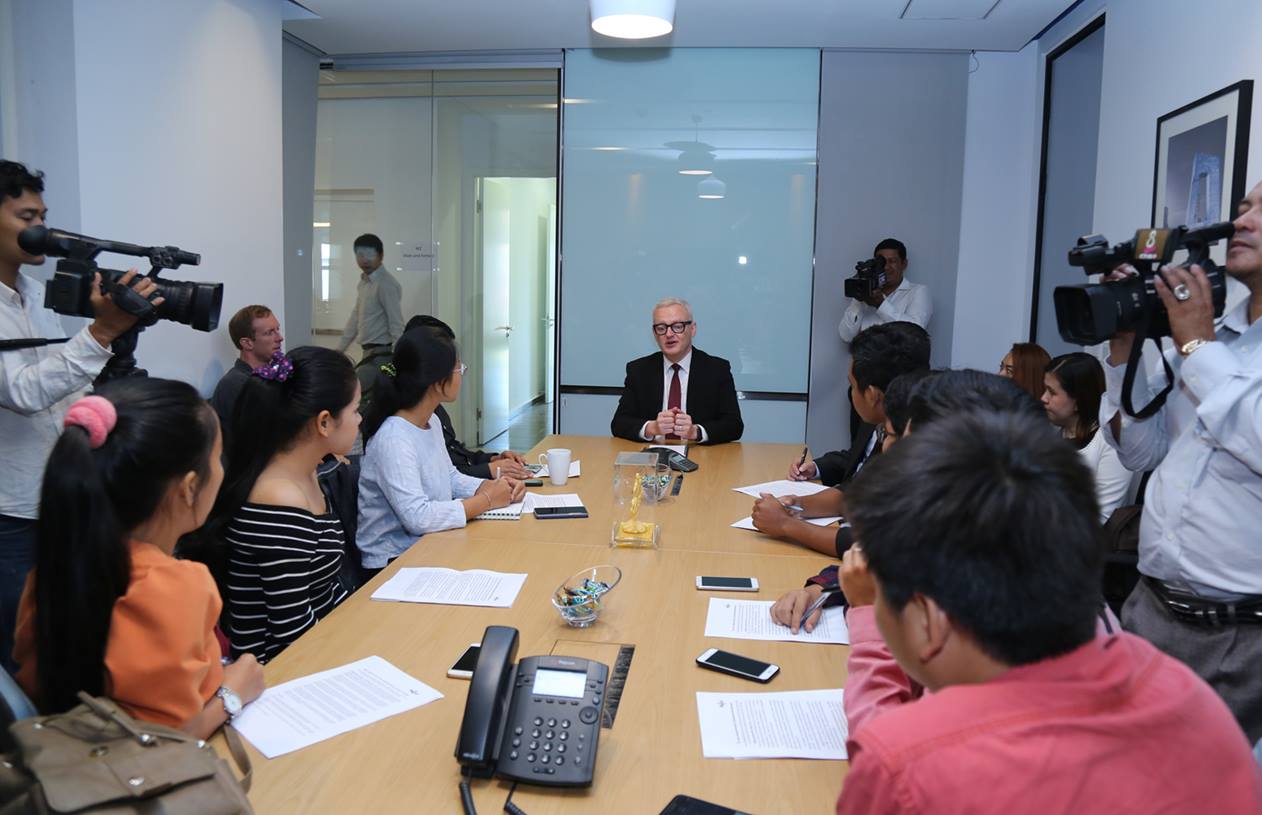
Flexible working in business centers outside Metro Manila is cutting carbon footprint and lessening commute, according to the findings of the Suburban Economic Study.
Metro Manila, known to have the second-worst traffic in the world next to Bengaluru in India, has recorded a congestion level in 2019 totaling 71%. The situation wastes people’s time and is also very harmful to the environment.
The new and unlikely weapon to fight traffic and climate change is flexible working, says the study report received by Good News Pilipinas on March 4, 2020.
As co-working spaces are increasingly located outside of major city centers and business districts, lengthy and environmentally-damaging commutes are becoming a thing of the past.
In fact, as the growth of flexi-working explodes in areas outside of major cities, new research reveals that, by 2029, ‘outer city’ office spaces will reduce carbon emissions by the equivalent of 1,280,000 transatlantic flights between London and New York each year. That’s 2,560,000 metric tonnes of carbon stopped from entering the atmosphere annually, just by working nearer to home.
The Suburban Economic Study on 19 countries, commissioned by Regus and conducted by independent economists, projected the environmental benefits of locating flexible workspaces in smaller towns, cities and suburban areas between now and 2029.
The study pointed out the following plus factors for the development of business centers outside the Philippine capital:
• With access to local office space, Filipino employees will save an average 8,845 hours per year in reduced commuting times
• As people commute closer to home, their carbon footprint falls significantly. A total of 50 metric tons of CO2, in the Philippines, will be saved every year by a new suburban flexible workspace
By allowing people to work closer to home, a local office space will save workers an average of 8,845 hours per year in reduced commuting times, equating to a reduction of 50 metric tonnes of carbon emissions per centre, per year.
In the Philippines, where commuting times can be among the longest, it is estimated that a total of 50 metric tons of CO2 would be saved from over 483,000 Filipino passenger-kilometers that are no longer required because shorter local commuting trips are substituted by some workers for longer travel to work journeys to city centers and other more distant workplace locations. Based on the current traded price of CO2, the current annual value of these savings is estimated to amount to ₱67,591 p.a. at current prices.
The report also revealed those moving from flexible working at home to a co-working space will be doing their bit for the environment. That’s because it’s likely to be more energy efficient to heat and light a shared space than a home for one, solitary worker.

Lars Wittig, Country Manager Philippines, Thailand, Vietnam, Cambodia, South Korea, IWG, said, “Commuting can be uncomfortable, unfriendly, and incredibly time-consuming. It is also a huge source of global pollution. In an age where every business and individual has a responsibility for their environmental impact in the world, commuting into major cities looks increasingly old fashioned.
“Over the next decade, we expect to open many more locations in smaller towns, cities and suburban areas. Our vision is that, in the near future, there will be a professional workspace available on every corner ending the idea of commuting for good. This will benefit our personal health, as well as that of our planet.”
The rise in local working is largely driven by big companies adopting flexible working policies; moving away from relying on a single, central HQ and instead basing employees outside of the major metropolitan hubs in flex spaces.
The Suburban Economic Study also revealed the economic benefits of these suburban spaces and found the ‘flex economy’ could contribute more than $254 billion to local economies in the next decade. It also found that by 2029, there could be a total of just over 74,000 people working at local Business Centers across the Philippines, providing net additional employment opportunities for local residents amounting to over 31,600 jobs.
IWG co-working spaces had recently expanded outside Metro Manila as it partnered with Cebu’s AppleOne for its first franchise partnership in Southeast Asia, and also with Mindanao’s Damosa Land business district.
SPACES by IWG World Plaza BGC was awarded Best Co-Working Space in the Philippines at the 2019 PropertyGuru Awards.
TELL US in the comments below your best experience with flexible working arrangements and working outside Metro Manila?
Want to know how to be a Proud Pinoy? Like, Follow, Subscribe to GoodNewsPilipinas.com and our socials Facebook, Twitter, Instagram, Good News Pilipinas! TV on YouTube, for new story notifications and e-mail newsletters for updates on more Filipino Pride stories.










